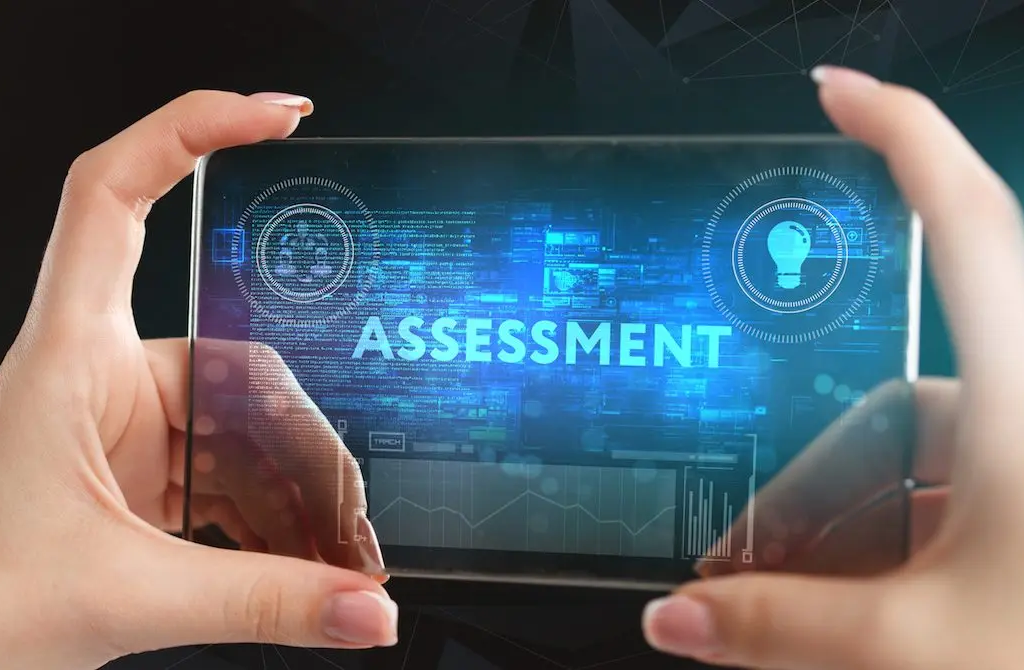Artificial Intelligence (AI) is revolutionizing the education sector by enhancing online learning and personalizing the educational experience. With AI-driven tools, students receive customized support, adaptive learning paths, and real-time assistance, making education more accessible and efficient.

The incorporation of Artificial Intelligence (AI) into eLearning is transforming how education is both delivered and experienced. Conventional teaching methods frequently fall short in addressing the unique needs of individual learners, resulting in less effective knowledge absorption and retention. AI addresses these challenges by facilitating tailored learning experiences, enhancing student engagement, and increasing the accessibility and efficiency of education. This article examines the role of AI in reshaping eLearning and driving the evolution of personalized education, setting the stage for a more intelligent and interconnected learning ecosystem.
AI-Powered Personalized Learning

AI enables personalized education by analyzing students’ learning patterns, strengths, and weaknesses. Adaptive learning platforms, such as Coursera and Khan Academy, use AI to adjust lesson plans based on individual progress. This ensures that students receive content tailored to their needs, helping them grasp complex topics at their own pace. AI-driven tutoring systems, like Carnegie Learning’s MATHia, provide targeted feedback and recommendations, ensuring better understanding and retention.
Virtual AI Tutors and Chatbots

AI-powered chatbots and virtual tutors provide real-time assistance to students, reducing dependence on human instructors. Platforms like Duolingo and ScribeSense use AI-driven bots to answer queries, offer explanations, and provide interactive exercises. These tools enhance engagement and allow students to receive immediate support, even outside traditional classroom hours. Virtual assistants like IBM Watson Tutor help in answering subject-related questions and tracking progress, improving the overall learning experience.
Automated Assessments and Feedback

AI simplifies grading and assessment by automating tasks such as evaluating essays, quizzes, and assignments. Tools like Gradescope and Turnitin use AI to assess student submissions, detect plagiarism, and provide instant feedback. This reduces the burden on educators and ensures consistent and fair evaluation. AI also helps in identifying learning gaps and suggesting remedial actions, allowing teachers to focus on improving teaching strategies rather than administrative tasks.
Conclusion
AI is transforming online education by personalizing learning experiences, enhancing student support, and automating assessment such as internet of things (IOT). With AI-driven technologies continuously evolving, the future of education is set to become more interactive, accessible, and efficient. As institutions integrate AI into their curricula, students will benefit from a smarter and more adaptive learning environment.


